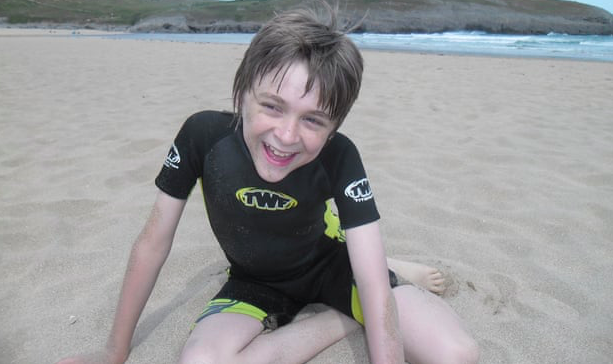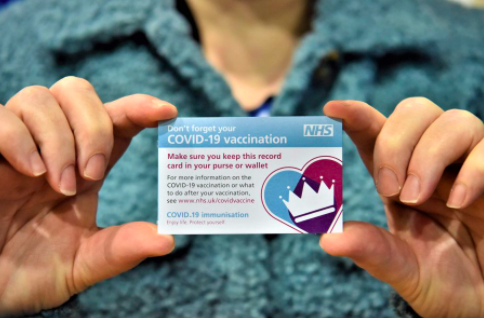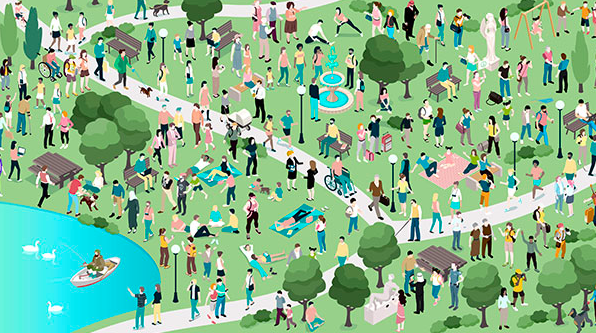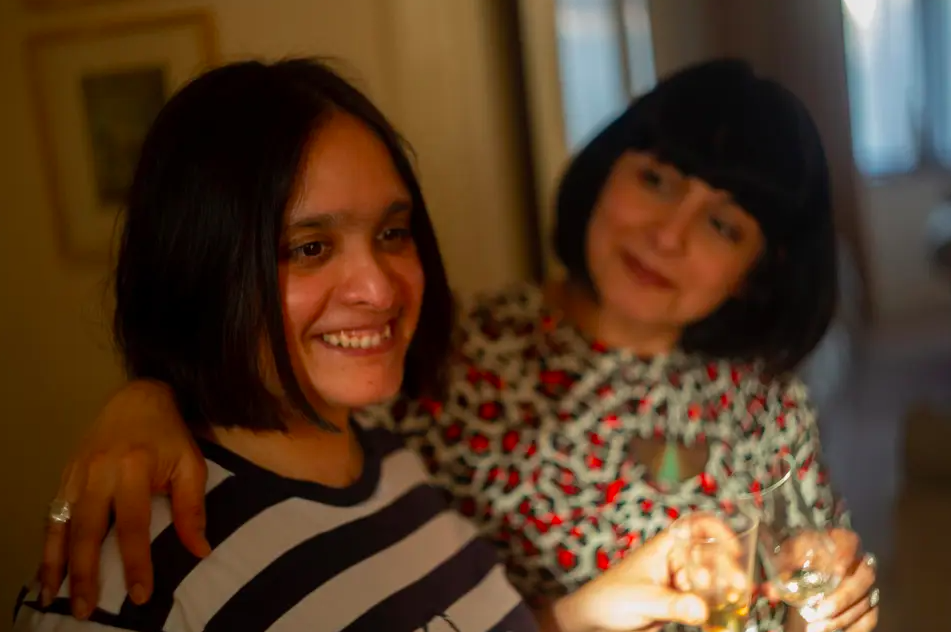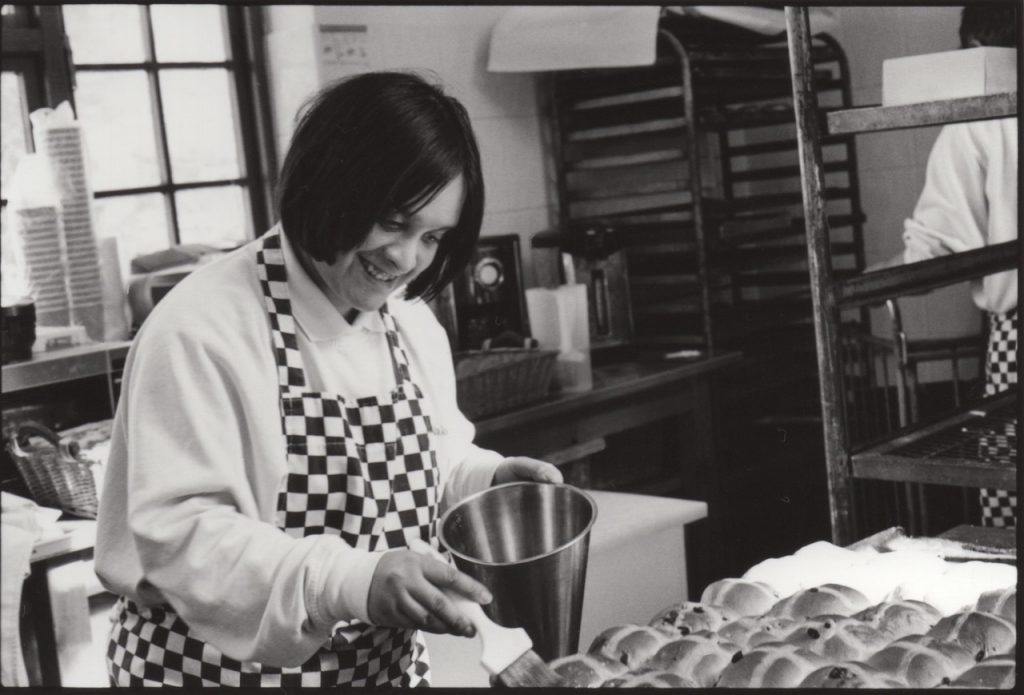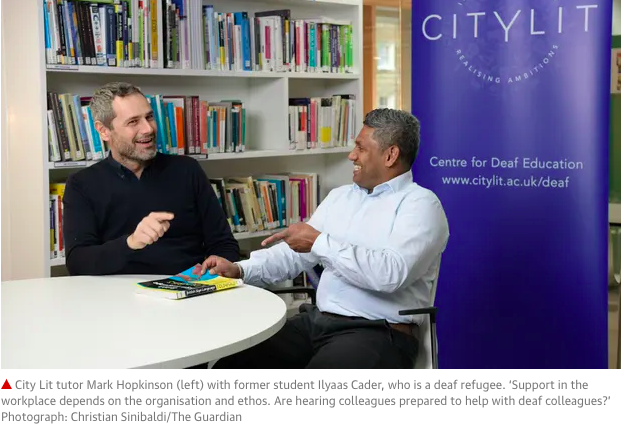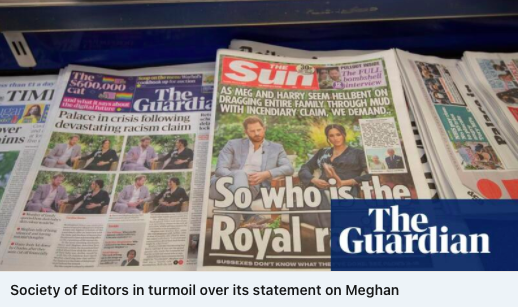
I’ve been thinking since the Harry and Meghan interview and the subsequent debate sparked by the nonsensical claim from the Society of Editors that UK media isn’t bigoted.
An (older, male) editor once asked why I wanted to be an ‘Asian journalist’ when I started out in newspapers (to be clear – the question didn’t need the word ‘Asian’ in it). Later, I was asked to write about arranged marriages as the editor thought this was a topic I ‘must surely know about’. It wasn’t, nor was in my reporting brief, so I declined.
How can any professional body say there’s no bigotry in the sector it represents? There have been so many examples of questionable headlines and reporting, and obviously journalists of colour have had – and continue to have – far worse experiences than the two personal ones I’ve just shared (today, these might be called ‘unconscious bias’?).
The Society of Editors’ board has issued a new statement to clarify the original from Monday. The original ‘did not reflect what we all know: that there is a lot of work to be done in the media to improve diversity and inclusion’.
And that should be diversity of all kinds.
The press awards, in which I was shortlisted for my work on disability issues, have rightly been postponed. Several excellent journalists and news organisations had pulled out, as well as the awards host.
Along with many other journalists of colour, I added my name to two open letters calling for more action on the issue.

